Storytelling is vital in children’s development, fostering their emotional, cognitive, and social abilities. This ancient practice spanning generations, offers a wealth of advantages essential for the comprehensive growth of young individuals. Now let us delve into knowing the significance of stories on a child’s development.
Cognitive Development
Stories ignite children’s imagination and creativity, enabling them to venture into realms beyond their immediate surroundings. Through storytelling, children grasp intricate ideas and concepts in a simpler way. This practice enriches their vocabulary, language proficiency, and comprehension skills, establishing a solid groundwork for future academic achievement.

As children listen to or read stories, they participate in active thought processes, anticipate outcomes, and follow sequences, enhancing their cognitive development.
Emotional Growth
Emotional intelligence plays a crucial role in a child’s development, and storytelling is a key factor in fostering this skill. By engaging with stories, children experience a wide range of emotions such as joy, thrill, fear, and sadness, all within a safe and controlled environment. This experience fosters empathy and emotional resilience, equipping children to handle their own emotions while also comprehending the feelings of others.

By engaging with characters and their experiences, children enhance their self-expression and cultivate deeper emotional bonds with people.
Social Skills
Stories frequently illustrate a range of social situations and interactions, providing children with essential insights into social conduct and societal norms. Engaging with stories allows children to explore diverse cultures, traditions, and values, promoting an understanding and respect for diversity.
Narratives also convey significant moral teachings, aiding children in recognising right from wrong and assisting them in making good choices. Through conversations about stories with peers and adults, children enhance their communication abilities, learn to express their thoughts and ideas clearly and cultivate active listening skills.
Cultural Awareness
Storytelling is an important connection across time, transmitting cultural knowledge and heritage from one generation to another. Children gain a sense of identity and connection through traditional narratives, folklore, and myths.

This understanding nurtures pride and a sense of continuity, motivating children to appreciate and safeguard their legacy.
Enhancing Focus and Concentration
Engaging with stories whether through listening or reading, demands concentration and attentiveness. These abilities are crucial for both academic success and personal development. Storytelling activities promote stillness, active listening, and narrative comprehension in children. It enhances their focus and patience.
These competencies can be applied to various learning contexts and everyday situations, thereby improving their academic outcomes and self-discipline.
Fostering Imagination and Creativity
Stories serve as a rich source for fostering imagination and creativity. As children immerse themselves in stories, they gather images of scenes, characters, and events within their minds. This stimulates their imaginative capabilities and enhances their thought process. The act of visualisation not only boosts creative thinking but also empowers children to invent their tales, scenarios, and resolutions to challenges.
Promoting the creation of original stories inspired by what they have experienced can significantly enhance their creative skills and storytelling proficiency.
Building Moral and Ethical Values
Stories frequently incorporate moral teachings and ethical challenges that help children grasp the significance of values like honesty, kindness, and bravery. By observing characters and their decisions, children gain insight into the consequences of positive and negative actions. These stories create a framework for exploring these values and solidifying them.
Encouraging Critical Thinking
Children’s interaction with narratives fosters critical thinking and prompts them to inquire about their surroundings. They gain the ability to assess characters’ motivations, anticipate plot developments, and grasp cause-and-effect dynamics. This thoughtful engagement with stories enhances their reasoning and analytical skills necessary for effective problem-solving and decision-making in everyday situations.
Supporting Language Development
Stories serve as a powerful resource for enhancing language development. Through listening or reading stories children encounter a variety of vocabulary, sentence constructions, and linguistic patterns. This engagement significantly aids in the acquisition of language skills.
Providing Comfort and Reassurance
Stories soothe and reassure children, particularly in periods of uncertainty or transition. Well-known stories and characters can offer a sense of consistency and safety. These stories, specifically Bedtime ones, establish a tranquil routine that aids children in relaxing and feeling secure as they get ready for sleep. This emotional reinforcement is essential for their overall health and well-being.
Promoting a Love for Reading
A key long-term advantage of storytelling is the ability to cultivate a passion for reading. Children who frequently engage with stories are more inclined to nurture a lasting enthusiasm for books and literature. This affinity for reading boosts their academic performance and enhances their lives by offering limitless opportunities for learning, exploration, and enjoyment.
Conclusion
The role of storytelling in a child’s development is significant as it supports cognitive, emotional, and social advancement, boosts cultural understanding, and enhances attention and concentration. By incorporating storytelling into everyday activities, caregivers and educators can offer children a dynamic and enriching learning environment that promotes their holistic growth.
Upholding the regular practice of storytelling will help children evolve into compassionate, well-rounded, and intellectually curious individuals. Through narratives, children gain insights about the world around them and about identities, equipping them for future challenges.
For more such informative/interesting blogs, visit Mother’s Pet Kindergarten.



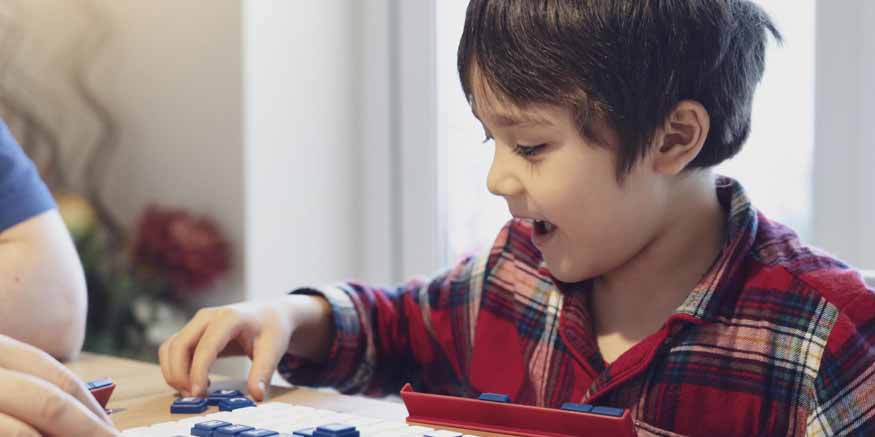



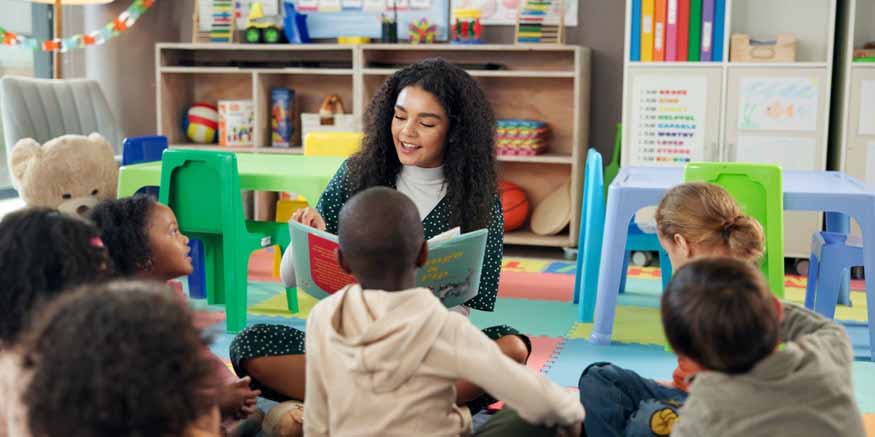
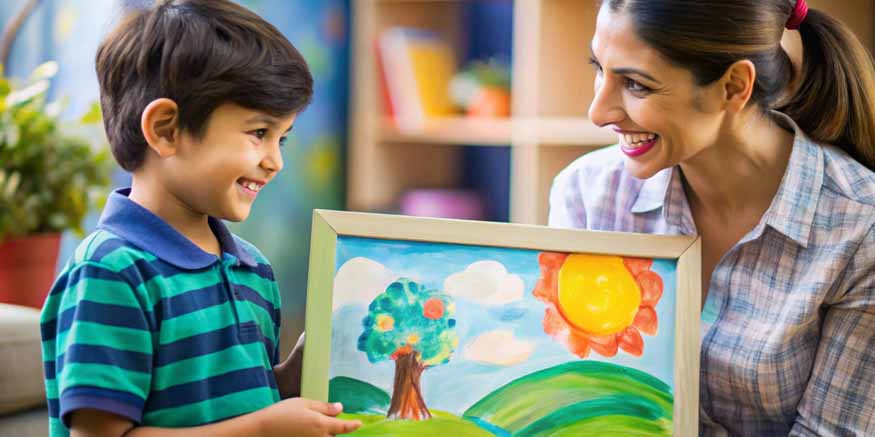
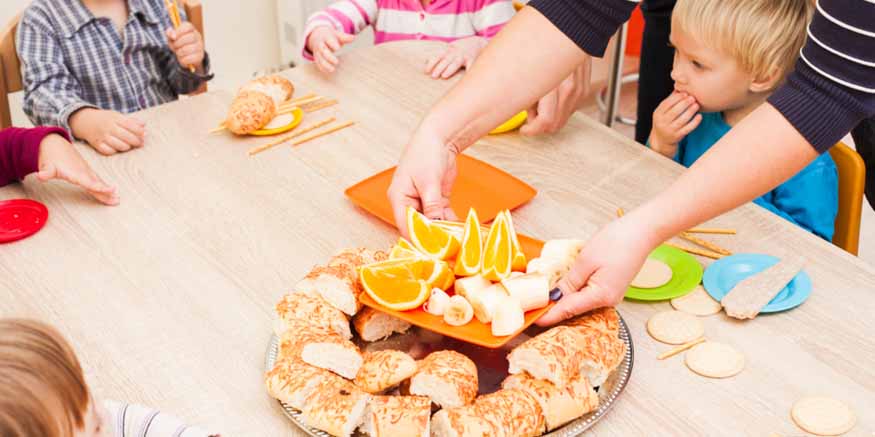

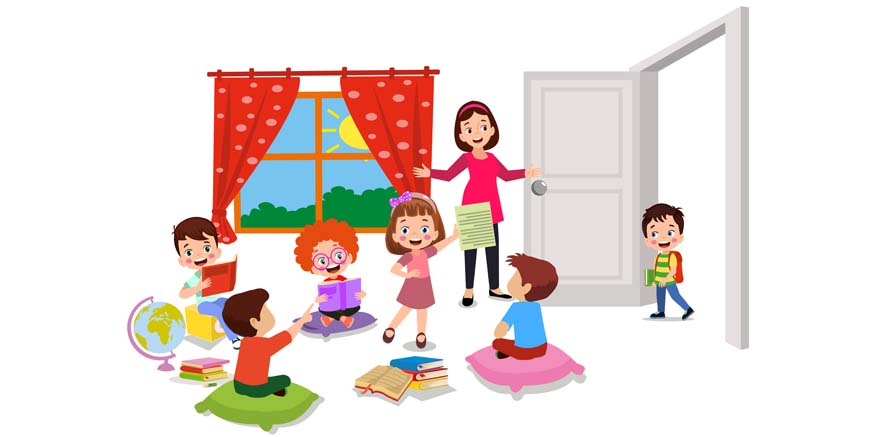

Recent Comments